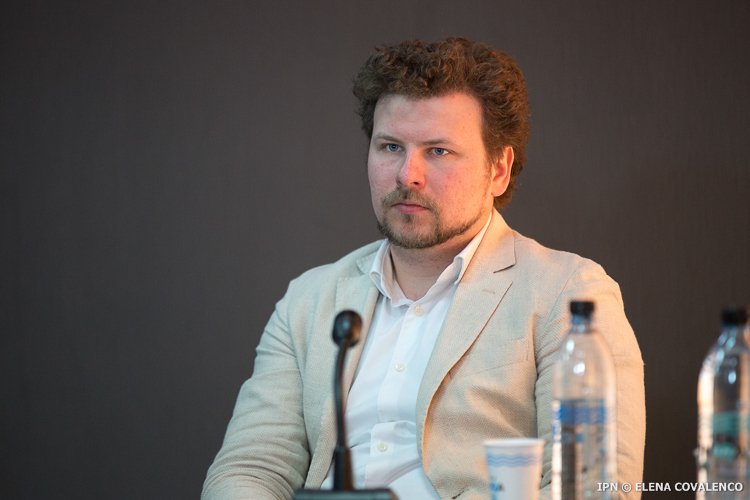The European Union has become the main partner of the Republic of Moldova in the modernization and Europeanization of the education system. Through financial support, expertise and dedicated programs, the EU is significantly contributing to the consolidation of a quality education system, Education Minister Dan Perciun said, quoted by IPN.
The main European programs in which the Moldovan education system is involved are the EU programs for Education and Mobility: Erasmus+ and eTwinning. Also, with the candidate country status, the Republic of Moldova has obtained the opportunity to participate in other Erasmus+ projects of significant importance for the country’s education system: the Eurydice Network, Euro-guidance, Europass and the National EQF Centers.
Since January 2024, the Republic of Moldova has a national Eurydice unit, which shows that the country, together with the European Union, is determined to build a modern, inclusive and future-oriented education system. Through this network, Moldova can learn from the examples of other European countries, collaborate more easily with them and create joint educational projects.
According to the minister, Moldovan students and teachers actively participate in Erasmus+ programs, which give them the chance to study, do internships or teach in universities in Europe. For the coming years, Moldova plans to become an associated country under Erasmus+. Through Jean Monnet projects, teachers and students can also get involved in activities that promote EU studies.
In 2025, the Republic of Moldova became an associate member of the European Youth Card Association (EYCA), and soon thousands of young people will be able to benefit from the European Youth Card, which will offer exclusive discounts and services in Moldova and 33 other European countries and access to national and international programs dedicated to education, culture, mobility.
On the whole, projects and initiatives carried out with the involvement of the European Union in Moldova are aimed at modernizing the curriculum, teacher training and improving educational infrastructure. Structural capacity-building projects in higher education have played a decisive role in the reform of higher education in the Republic of Moldova and in aligning the education system to EU standards.
The Minister underlined that the Moldovan education system has clear and well-organized structures to collaborate with the European Union, such as the Erasmus+ National Office and the specialized departments in the Ministry. These provide a solid basis for using European support effectively. However, there are also some difficulties, such as a lack of sufficient staff or the integration of European activities into the day-to-day work of employees. These problems are already taken into account in the “Education 2030” strategy, which proposes solutions such as training courses, language lessons and changes in regulations to increase Moldova’s involvement in European projects.
According to Dan Perciun, teachers and academics are increasingly active in European projects, especially Erasmus+ and eTwinning, but their participation is hampered by a lack of institutional support, limited language skills and heavy workload.
Language barriers, particularly in small schools in the regions, affect access to information and active participation in European initiatives. Low international visibility and administrative difficulties with visas and residence permits for foreign students are additional obstacles.
Interested people can find out more about European projects in the field of education at the European Orășelul European that will be organized on 9 May, Europe Day, in the Great National Assembly Square in Chisinau, from 13:00.
